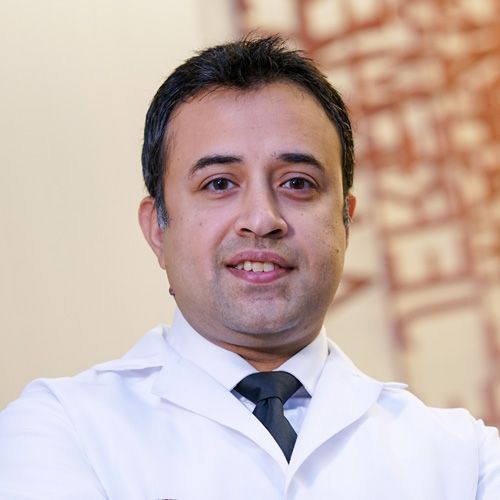Esophageal cancer is a serious and complex diagnosis. Before you make any treatment decisions, please spend one day at Roswell Park to learn how we can help you.
Cancer survival rates are typically discussed in terms of 5-year relative survival, which means the proportion of patients alive five years after their diagnosis. Keep in mind that statistics like these are based on large groups of people, group all esophageal cancer subtypes together, and cannot predict what might happen with an individual patient.
In addition, the most current national data is from patients diagnosed between 2018 and 2022, which doesn’t reflect the impact of the latest treatment advances.
In the United States, overall survival (including all stages of disease) among people diagnosed with esophageal cancer is 21.9%. One difficult factor in esophageal cancer survival is that a majority of patients already have advanced disease at the time of diagnosis.T he National Cancer Institute records survival rates using three very broad categories:
- Localized disease. In patients with early-stage, localized cancers in whom the cancer is confined to the primary site, 5-year survival is 48.7%.
- Regional disease. Among those whose cancer has spread to regional lymph nodes, survival is 28.4%.
- Distant disease. Patients with esophageal cancer that has metastasized to other body areas at the time of diagnosis, have a survival rate of 5.4%.
Learn more esophageal cancer statistics from the National Cancer Institute.
What Roswell Park does to maximize survival
Survival numbers are improving, and the statistics for patients diagnosed today will look much better thanks to several ongoing efforts at Roswell Park, nationally and internationally, such as:
- a better understanding of risk factors and a screening process in place.
- Improved treatments options to eradicate precancers and treat early cancers.
- Using multimodality approaches like chemotherapy and radiation treatment before surgery.
- Advances in minimally invasive and robotic surgery approaches to minimize recovery time and allow patients to start any additional treatments sooner.
- Using the latest immunotherapy agents as first-line treatment as well as after other therapies to minimize the risk of recurrence.
Treatments for esophageal and gastroesophageal junction cancers are rapidly evolving. This is an exciting time in this field as we offer immense hope to patients with advances in endoscopic intervention, robot-assisted surgical management and immunotherapy.
